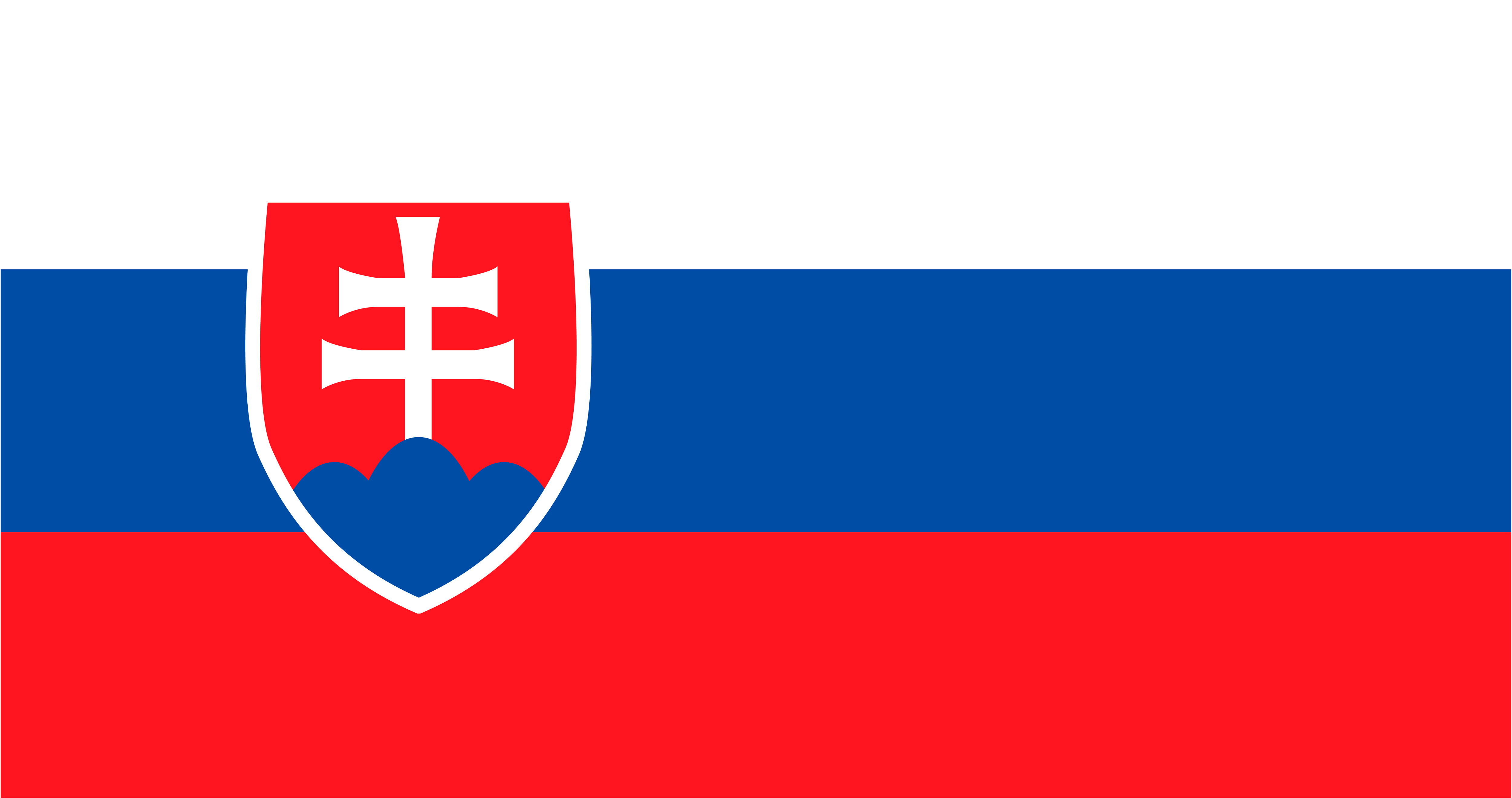CONTACT
ICRC FNUSA
Studentská 812/6, 625 00 Brno
Czech Republic
E-mail: info@beatsepsis.eu
Detailed cookie settings
Technical cookies
Technical cookies are necessary for the proper functioning of our website and therefore cannot be disabled. You can set your browser to block these cookies. Please note that in this case some parts of the website will not work.
Analytical cookies
These cookies allow us to analyse the use of our website, measure traffic and obtain other information about the website's traffic. The aim is to improve the performance of our website.
International Clinical Research Centre (ICRC)
The BEATsep coordinator — is a unique research infrastructure within St. Anne’s University Hospital in Brno (FNUSA). It was established experience of translation of research findings into clinical practice. Thanks to a valuable network of collaborations with academia and industry, ICRC has become a centre of excellence in clinical, translational, and pre-clinical research. The ICRC research team comprises the Cellular and Molecular Immunoregulation (CMI) group (Fric Lab), the Biostatistics group, and the Department of Anaesthesiology and Intensive Care. CMI has excellent experience in the biology of myeloid cells, with research focused on the cellular and molecular regulation of various immune processes in diverse conditions, including infection and sepsis. Members of the experienced Biostatistics team (an ICRC core facility) have a crucial role BEATsep project, where their expertise and experience in clinical data, statistics, and data management will be essential for the project. The Biostatistics team has experience with data management of international projects in REDCap, in detail – project FLAMI (For Life After Myocardial Infarction): 12 months results of nurse secondary prevention intervention on STEMI patients’ clinical outcomes.
National University of Ireland (NUI)
National University of Ireland (NUI) and the Lung Biology Cluster who will be conducting this research have interests in sepsis, lung injury, cell and gene therapies. NUI has received funding from the ERC, Health Research Board, Science Foundation Ireland and Irish Research Council as well as co-funded projects with industry partners in nebulisation, stem cell therapy and sepsis topics. NUI have an interest in development and application of novel technologies for organ support and therapeutic drug delivery in the critically ill and in the application of data analytic approaches to this population, with experience in ICU patient sample biobanking and flow cytometry and serum soluble factor quantification. NUI have initiated and become affiliated sites in a number of clinical trials for ARDS and sepsis and now for COVID-19. NUI have developed drugs from cell cultures testing, to preclinical animal models for first in man trials.
National Institute of Health (SZU, “Státní zdravotní ústav”))
National Institute of Health (SZU, “Státní zdravotní ústav”)) Czech National Health Institute, works on health care establishment for preventive disciplines such as vaccinology, health promotion, nutrition, environmental sciences and for other topics of public health, with disease prevention and health promotion among the major tasks of institute. SZU concentrates the most important health problems including as epidemiological surveillance of severe infections. Our promotion of a healthy life styles and nutrition and in prevention of cardiovascular diseases, cancer, addictions. The Institute has experience in solving and participating in international projects, especially in EU funded projects such as European joint actions (JAHEE, JAMRAI, JATC2 and others).
Centre d'Immuologie Marseille-Lumily (CIML)
Centre d'Immuologie Marseille-Lumily (CIML) situated within Aix Marseille University's multidisciplinary campus, is a premier immunology research institute, comprising 17 research teams, seven cutting-edge technology platforms, and 17 prestigious ERC grants. Its strong track record in high-quality research, 50 patented inventions, and numerous collaborations with esteemed institutions and private foundations underscore its dynamism and global impact. Emphasizing both scientific and medical vocations, the CIML expedites diagnostic and therapeutic advancements for patients, and has launched successful biotech companies such as Innate Pharma and Ipsogen. Collaborations with renowned institutions like Harvard Medical School, EMBL, and UCSF, as well as engagement in projects like PIA, EUROBIOMED, and the Marseille-Immunopole federation, further illustrate the institute's unwavering dedication to excellence. The CIML's state-of-the-art technology platforms, encompassing cytometry (featuring three 5-laser spectral flow cytometers, including Europe's first spectral sorter), bioinformatics, functional genomics, and imaging, firmly establish its status as a leading research institution in immunology and related disciplines.
Masaryk University Brno (MUNI)
Masaryk University Brno (MUNI) team consists from several departments included in BEATsep i) Department of Paediatric Infection Diseases, ii) Department of Paediatric Anaesthesiology and Intensive Care Medicine and iii) CEITEC Multimodal and Functional Imaging Laboratory (MAFIL) is one of the core facilities at the Central European Institute of Technology (CEITEC), Masaryk University. MAFIL is part of the national research infrastructure Czech-BioImaging as well as the European infrastructure Euro-BioImaging and provides access for a wide research community in the field of neuroimaging, brain mapping, and other magnetic resonance imaging applications. MAFIL has been involved in various international projects and consortia (including JPND projects, COST projects, Czech-Austrian bilateral projects, and H2020 RISE) and has provided services for more than 100 research projects with several thousands of MRI or EEG measurements since 2015. Both clinical teams are associated with Faculty Hospital Brno (FNB) which is a collaborating organisation of the project and an important patient sample provider.
Assistance Publique-Hopitaux de Marseille (APHM)
Assistance Publique-Hopitaux de Marseille (APHM) represents top-tier French hospital with four emergency departments admitting around 109 intensive care unit (ICU) beds admitting around 5000 patients/year. For the proposed work, two adult ICUs (25 beds) and one paediatric ICU (15 beds) will be involved, representing yearly around 1800 adult patients and 100 adult patients with septic shock. The APHM team is focused on the biology of sepsis and septic shock documented by many high-impact factor publications.
BIOVARIANCE
BIOVARIANCE comprises pharma-experienced, professional management and a multidisciplinary team of specialists, which combines experience and expertise across technology, innovation, and the life science industry. BEATsep will directly benefit from the expertise of BioVariance, a SME with great experience in the development of comprehensive predictive models for the diagnosis of various diseases (e.g., colorectal cancer) or psychological consequences (such as depression). Moreover, BioVariance will prepare a simplified predictive tool to stratify patients based on their risk of developing PICS. This model could take the form of a risk score assigned to patients based on their immune-related marker profile and other relevant clinical factors.
Ludwig Boltzman Institute (LBI)
Ludwig Boltzman Institute (LBI) is a top-tier specialised Austrian center for critical/intensive care medicine (ICM) research. LBI Trauma is consistently rated as excellent (2010, 2015, 2020) by international evaluators. The primary objective of the LBI Trauma is to improve diagnostic and therapeutic measures in trauma/infection care. LBI regularly organises top-tier international congresses (e.g., the Wiggers-Bernard Conference for Modelling of Sepsis, TERMIS for tissue engineering, and European Shock Society). LBI is involved in several ongoing Austrian and European research projects and has received numerous international and national grants (including 5-7th Framework and 2020 EU grants, EUROSTARS, FWF-GENAU, FFG-Bridge, FFG-Comet, WWTF, LBF, Wings for Life, Nationalbank, OEAW; http://trauma.lbg.ac.at/en/about-us). The institute is at the forefront of bench-to-bedside research and has experimentally developed several diagnostic and/or treatment approaches now routinely employed in clinics. LBI experts regularly coordinate/participate in various ICM task forces (e.g., the Task Force for Coagulation) and create guidelines in the area of pre- and clinical intensive care research (e.g., 2023 Management of Perioperative Bleeding; 2018 MQTiPSS; 2017 Goal-directed Coagulation Management). The institute features a robust multidisciplinary environment composed of different research groups working in the fields of sepsis, shock, trauma, tissue regeneration, molecular biology, and imaging.
Universitätsklinikum Bonn (UKB) and Institute of Innate Immunity (III)
Universitätsklinikum Bonn (UKB) and Institute of Innate Immunity (III) are one of the best-evaluated medical centers in Europe. The UKB offers a diverse and rich research environment for immunology and has attracted numerous talented researchers from all over the world. This effort is reflected by the University’s status as an Excellence University in Germany and by the generous and continuous funding it receives from the Excellence Cluster ImmunoSensation. The Institute of Innate Immunity, which has renowned expertise in the field of innate immunity (https://www.iiibonn.de/) and inflammation, is equipped with cutting-edge instrumentation and facilities. Moreover, it is a hot spot for immunology in Europe, hosting groups working in areas such as structural biology and cellular immunology. The Institute of Innate Immunity is funded by grants from the European Research Council (ERC), and Germany’s Excellence Strategy (EXC 2151 – 390873048) from the DFG..
Commenius University Bratislava (CU)
Commenius University Bratislava (CU) and Institute of Molecular Biomedicine (www.imbm.sk) is a research institute of the Faculty of Medicine at the Comenius University in Slovakia with the staff having a vast range of educational background – from molecular biology, biophysics, biotechnology or physiology, up to medicine. Institute is focused on the role of extracellular DNA (NETs) in variety pathologies including sepsis and has established several animal models that can be utilized in the research of systemic inflammation and its consequences. We believe that interdisciplinarity is a key scientific value and our partnerships extend to collaborating with clinicians in Slovakia and complementary research institutes all around the globe. IMBM will together with University Hospitals in Bratislava provide patient samples as well as the analysis of NETs.

























